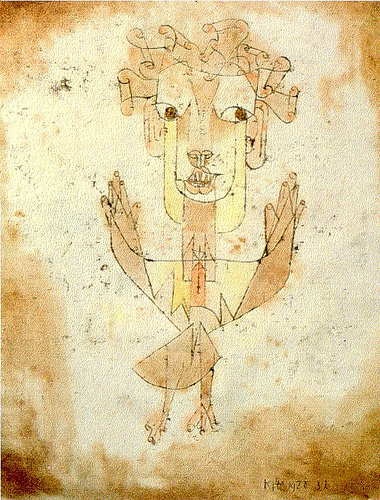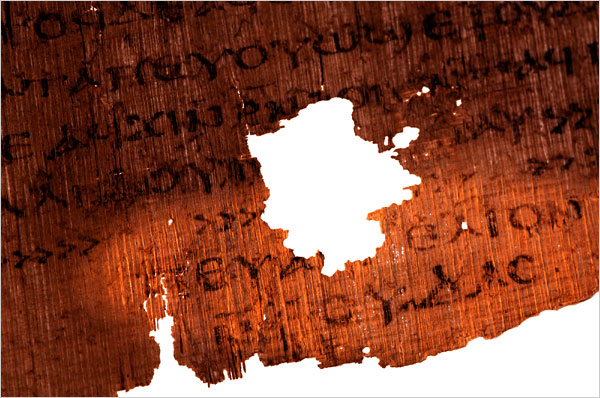 As we near the end of our Winter Quarter programming around the theme of “Reckoning with Scriptures,” the Theology Workshop has lined up two special events bringing together faculty, students, and six (6!) disciplines within and beyond the Divinity School. The first of these is a panel discussion on “Scriptures at the Faultlines,” Monday, February 20th, 12:00-1:30 pm, in Swift 106.
As we near the end of our Winter Quarter programming around the theme of “Reckoning with Scriptures,” the Theology Workshop has lined up two special events bringing together faculty, students, and six (6!) disciplines within and beyond the Divinity School. The first of these is a panel discussion on “Scriptures at the Faultlines,” Monday, February 20th, 12:00-1:30 pm, in Swift 106.
In what ways does the presence of authoritative scriptures linger in supposedly secular spaces? How is scriptural authority negotiated among communities who do not share a common canon? Whose scriptures are they anyway, and who gets to appeal to them, and what are the ethics of doing so? Are debates about scriptural interpretation really about other things? Are debates about other things really about scriptural interpretation?
What these questions have in common is that they deal with the presence of scriptures at the boundaries between spaces with differing religious emphases or levels of authority, such as between religious communities in a common political body or natural watershed, between differing social norms within particular religions, or between exegesis and other forms of reasoning in the academy—all of which may or may not (or may not yet) be sites of conflict.
This panel will engage with how habits of reasoning, narrative motifs, and ethical priorities effervesce from the history of textual interpretation into a broad array of public interactions and spaces. Such patterns of scriptural logic may be explicitly “used” to strengthen the claims or behavior of agents, or they may be invisible and unvoiced—but no less informative.
Our guests for the panel are:
-William Schweiker, Director of the Martin Marty Center and Edward L. Ryerson Distinguished Service Professor of Theological Ethics, University of Chicago Divinity School — reflecting on the general hermeneutical method that he has developed and used in order to deploy the “five dimensions” of theological ethics, in relation to scriptural claims and their potential orientation for the responsible life. In contrast to other “methods,” especially the approach of “scriptural reasoning” and the so-called method of correlation, he will contend that the method developed more adequately articulates and analyzes the structures of lived reality and therefore is important in addressing the interface between ethical and theological claims.
-Kristel Clayville, PhD Candidate in Ethics, University of Chicago Divinity School — reflecting on the use and suspicion of Scripture in environmental ethics. She will focus particularly on the work of Holmes Rolston III, whose argument for the preservation of endangered species as presented both philosophically and as an extension of Scriptural logic — thus overriding the typical binary between espousal and eschewal of scripture in this hotly contested field.
-Rachel Watson, PhD Student in Religion & Literature, University of Chicago Divinity School — reflecting on her research into the recent explosion of material (popular cultural, mass media disseminated, and academic) on the Gospel of Judas, part of the Codex Tchacos uncovered in Egypt in the 1970s and recently re-announced to the world in 2004. She will make a case that the introduction of this text as a “lost gospel,” one that was immediately put into conversation — if not competition — with other early Christian texts, sheds significant light on the contemporary discussion of and anxiety about ancient texts.
After presenting their reflections from the vantage of these three contested contemporary faultlines of scriptural application, our panelists will join in discussion with workshop participants in regard to the interpretive bases on which such patterns of use are founded, considering what criteria might be applied to evaluate them.
No preparation is expected of workshop attendees. Lunch will be provided. Persons with disabilities who may need assistance, or anyone with further questions, please contact Aaron Hollander at athollander@uchicago.edu.

